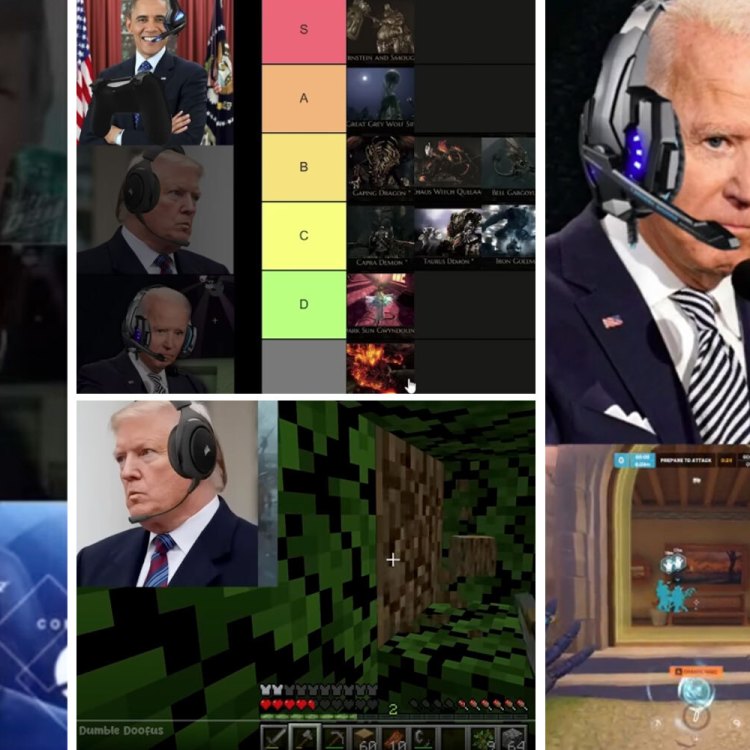President Trump has been regularly attacking the news media—especially, CNN—for months. It’s gotten to the point where the president has been openly questioning the ethics and honesty of the channel’s reporters, despite the fact that Trump administration officials appear weekly on the channel.
One of CNN’s most outspoken critics of the president’s war on journalism has been Chief Washington Correspondent Jake Tapper, host of The Lead with Jake Tapper, who has made the talk-show rounds defending the news outlet.
Esquire recently caught up with Tapper to discuss how to b.s. his way through any situation—part of a larger feature. But his advice comes off more like a credo for truth-reporting journalists to live by (with a little snark included)—and maybe even the president himself—in an age when the media’s clearly under attack.
Here are his rules—with some footnotes from RealClearLife included in parentheses):
(1) “Acknowledge what you know.” (Seems easy enough, right? Always double-source, if it’s going to be anonymous; and be aware that there will always be somebody else who knows more than you do. Only report “what you know.”)
(2) “Acknowledge what you don’t know.” (In other words, don’t report fake facts, à la Jayson Blair. It’s OK not to know everything up front; as the story develops, that’s when the truth will start to unfold.)
(3) “Don’t engage in idle speculation.” (No, the Houston flooding was not caused by a tear in the space-time continuum. Use your head.)
(4) “Bring in experts to talk about what the facts are.” (Here’s an example. And another one.)
(5) “Avoid ‘magic bullet’ explanations, except when discussing the Kennedy assassination.” (Here, Tapper’s clearly taking a smidgen of the piss. But it holds true. Try to avoid making vast generalizations; just get right to the point and state the facts.)
(6) “The more room you can make for nuance, the smarter you’ll sound. Things are very rarely as simple as any partisan wants them to be.” (Again, Tapper’s snark-o-meter is off the charts. But this advice could help any journalist preparing for an interview with a politician—or anyone else who’s attempting to steer him or her towards one single side of an argument.)
(7) “Sometimes there can be an authority in acknowledging the limits of what you know. That’s an important part of credibility and trust.” (This circles back to No. 2, but adds a layer of importance to it: Sometimes you just have to retract a report, publish a correction, and let people go to take the high road. Everyone makes mistakes.)
This article was featured in the InsideHook newsletter. Sign up now.






















